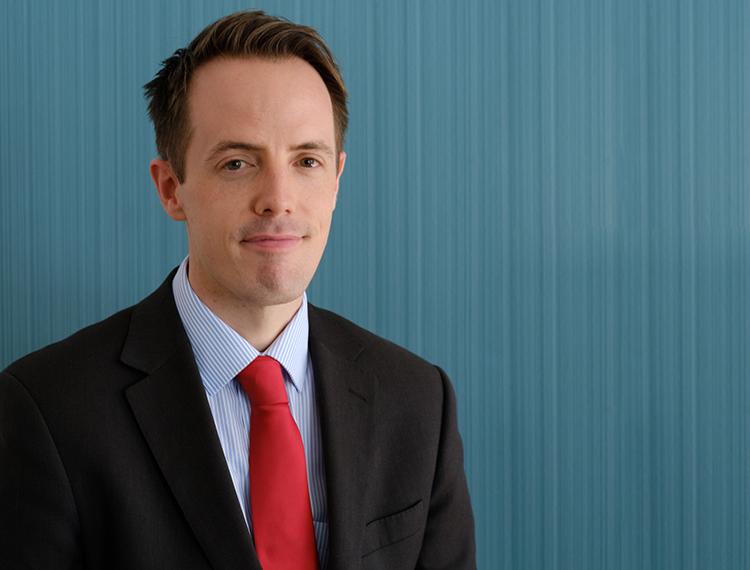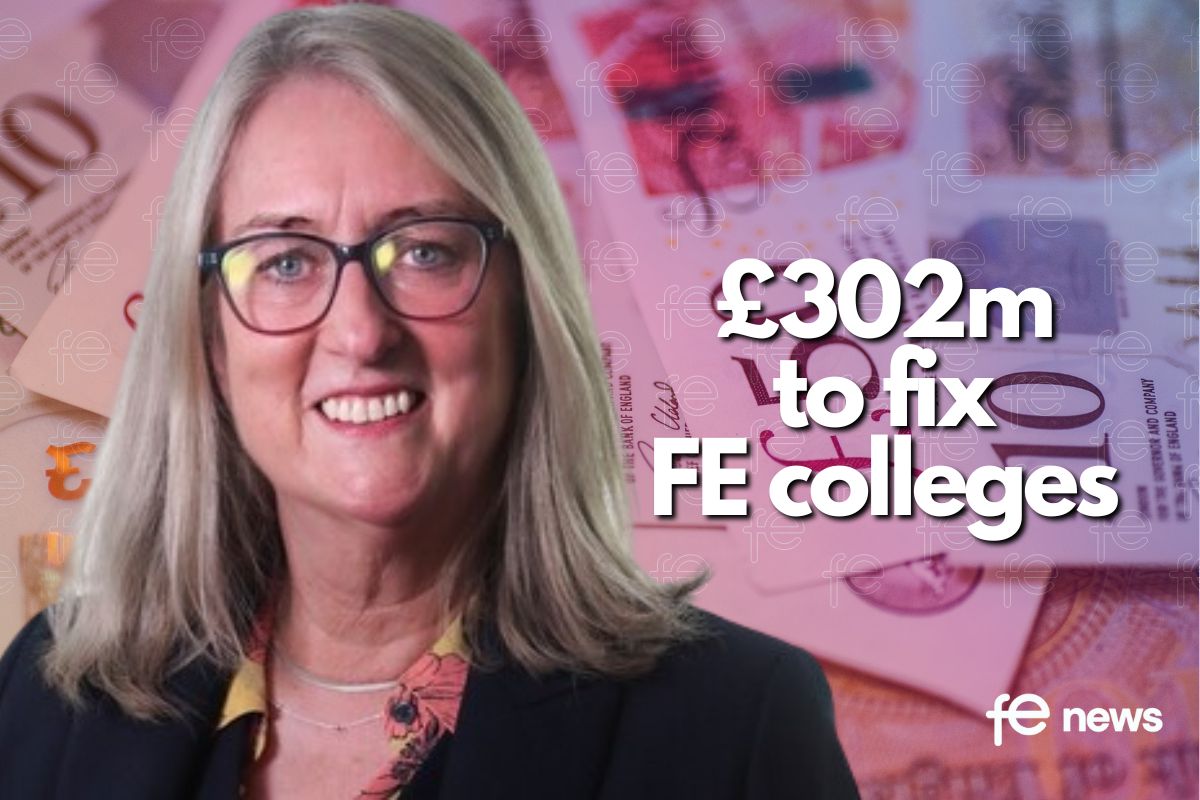End point assessment: Why the IfA needs to get a grip

What do providers really want from an end point assessment organisation?
Recently AELP surveyed a significant number of training providers with regard to what were they looking for in an end point assessment organisation (EPAO) and we were somewhat surprised to see that price didn’t feature as their number one priority. In fact it didn’t feature at number two or even number three in what providers look for in an assessment partner.
For sure, price point is going to be a factor, but providers told us that they were much more interested in features such as customer support, training materials, sample assessment materials, flexible testing arrangements and favourable service levels including turnaround times for assessment outcomes.
At AELP, we work with nearly all the main EPAO organisations, who are full members, on the ESFA’s EPAO register through our EPAO special interest group and have been working closely with both the ESFA and IfA to help shape the ecosystem, register and assessment rule book. Many of our EPAO members have invested significantly in capacity building for EPA with so far little return for their sizeable investment. I’m sure though that their up-front investment in providing a flexible and customer supportive service will reap dividends in terms of what the majority of providers will be looking for.
So what about the future of end point assessment?
The three areas to throw into the mix are: external quality assurance (EQA) of EPA, availability of competent EPA assessors and the government’s policy position of continuing to put employers in the driving seat, i.e. by letting all employers select their EPAO and then negotiate and contract with them directly. These are the three key areas the AELP’s special interest group has highlighted and we are working with the organisations to get sensible solutions.
Regarding EQA of EPA, we now have a system where around 30 different organisations are responsible for EQA. Many have little or limited expertise or experience and there are some who see this as a commercial opportunity. Many providers are still oblivious to the fact that cost of EQA is usually on top of the EPA cost and we’ve heard some EQAs talking about this costing £10 per head and others talking about £150+ per head. The IfA need to get a grip of EQA quickly before it snowballs away into a potential monster. The key thing about quality assurance in an assessment system is consistency of approach and methodology but at the moment this seems to be noticeably absent.
Availability of competent assessors is a real challenge and we certainly see that impacting later in 2018 when volumes grow and EPAOs struggle to scale up. One EPAO said recently that the salary for a full time occupational individual in one specialist digital sector was £120k per annum and on that basis, it would struggle to be able to offer EPA within the 20% of the funding band. On that basis, would EPA even be commercially viable to offer? Through our special interest group, we are developing a baseline training programme to help EPAOs scale and suitably train sector specialists to be able to offer EPA. We’ll have more to say on this in the coming weeks.
EPAO and Employer Direct Contracting
Finally on the aforementioned point on EPAO and employer direct contracting: currently the provider acts as the intermediary between the EPAO and the employer, with funding channelled through from either the ESFA or through the digital account for levy paying employers.
However, this is just an interim step with the ESFA wanting to initially allow levy paying employers and ultimately all employers the ability to not only select their EPAO, but also directly contract and pay them through the Apprenticeship Service.
With the likelihood that EPAOs negotiating directly with employers and securing more funding for EPA, then a further squeeze of cashflow available for providers to deliver the on-programme training will be inevitable. It will certainly be interesting to observe the early interactions and partnerships between levy paying employers, EPAOs and providers in 2018 to see how this begins to pan out.
A new year, but a heap more challenges to look forward to.
Simon Ashworth is chief policy officer of the Association of Employment and Learning Providers











Responses